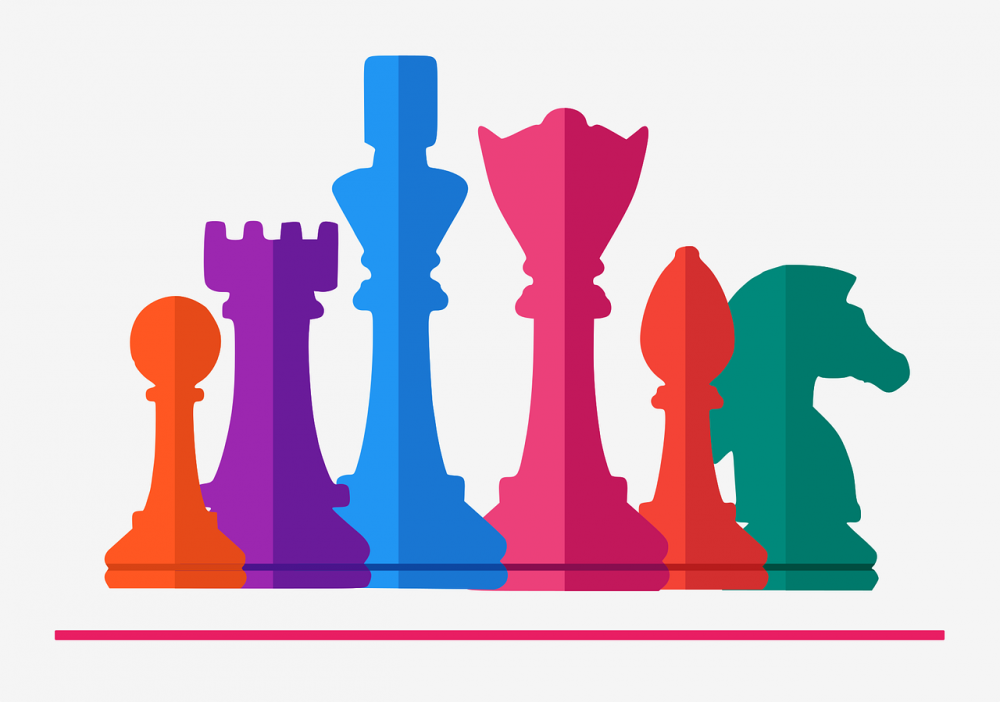Champions League Final: The Ultimate Showdown of European Football

Introduction:
The Champions League Final is the pinnacle of club football in Europe, captivating millions of fans worldwide. This prestigious event brings together the best teams from across the continent for an unforgettable clash to determine the champions. In this comprehensive article, we will delve into the essence and significance of the Champions League Final, explore its various formats and popularity, examine quantitative measurements, discuss differences between finals, and analyze the historical pros and cons associated with different editions.
1. An Overview of the Champions League Final:

The Champions League Final is the culmination of the UEFA Champions League tournament, which features the top clubs from European countries. Established in 1955, this annual competition has evolved from the European Cup into a grand spectacle that captures the attention of football enthusiasts globally. The final marks the end of the season, making it a high-stakes encounter that showcases exceptional skill, determination, and drama on the pitch.
2. Presentation of the Champions League Final:
The Champions League Final showcases the elite teams of European football, creating an electrifying atmosphere for players and fans alike. The tournament features various stages, including group stages and knockout rounds, leading up to the final match. Each year, millions of viewers tune in to witness the battle for glory, making it one of the most-watched sporting events worldwide, with immense commercial and marketing value.
There are multiple types of Champions League Finals:
a) Single Final: Traditionally, a single match is played at a neutral venue, providing a neutral ground for both teams. This format creates a sense of equal opportunity and intensifies the spectacle, as there is no margin for error in a winner-takes-all scenario.
b) Two-legged Final: In certain years, UEFA has experimented with a two-legged final, where the finalists face each other twice, home and away. This format adds an extra layer of intrigue and strategy, allowing teams to showcase their abilities over two matches while keeping fans engrossed throughout.
3. Quantitative Measurements of the Champions League Final:
The Champions League Final is not only a spectacle of skill but also a statistical marvel. Here are some key quantitative measurements associated with the event:
a) TV Viewership: The final consistently attracts an enormous global audience, with viewership often surpassing the Super Bowl and other major sporting events.
b) Social Media Engagement: The final generates tremendous buzz on social media platforms, with fans expressing their opinions, sharing memorable moments, and engaging in discussions.
c) Financial Impact: The Champions League Final generates substantial revenue through sponsorship, broadcasting rights, ticket sales, merchandising, and tourism. It is a lucrative event for clubs and UEFA, enhancing the financial sustainability of football.
4. Differences Between Champions League Finals:
Each Champions League Final is unique, with distinct characteristics that set it apart from others. These differences can be observed in the style of play, competing teams, tactical approaches, and even external factors such as the venue and weather conditions. Some finals may witness high-scoring affairs, while others may be tight, defensive battles. The contrasting narratives and storylines provide an ever-evolving experience for fans, making each final memorable in its own right.
5. Historical Pros and Cons of Champions League Finals:
Over the years, Champions League Finals have showcased moments of brilliance and also faced criticism for various reasons. Let’s explore the historical pros and cons associated with this grand event:
a) Pros:
– Spectacle and Atmosphere: The Champions League Final creates an unparalleled atmosphere, combining the passion of fans, top-quality football, and dazzling pre-match ceremonies.
– Global Reach and Cultural Impact: The final transcends borders, drawing in fans from diverse backgrounds and spreading the love for the beautiful game worldwide.
– Legacy and Tradition: The event has a rich history filled with legendary performances and iconic goals, leaving an indelible mark on the annals of football.
b) Cons:
– Ticket Allocation: The limited number of tickets available often leads to disappointment for avid supporters, with demand outweighing supply by a significant margin.
– Commercialization: Some argue that the commercial aspect of the event has overshadowed the spirit of the game, compromising the authenticity and purity of football.
– Inequality: Critics claim that the dominance of big clubs and the financial disparities between teams hinder the competitiveness and fairness of the tournament.
In Conclusion:
The Champions League Final stands as the epitome of club football, captivating audiences with its drama, skill, and global appeal. Whether it’s the nail-biting tension of a single final or the tactical battles of a two-legged affair, this event brings out the best in football. Its statistical impact, uniqueness, and historical significance have cemented its place as one of the most prestigious sporting events in the world. As fans eagerly wait for the next edition of the Champions League Final, the anticipation and excitement continue to build, elevating this grandeur to remarkable heights.
[VIDEO HERE]





